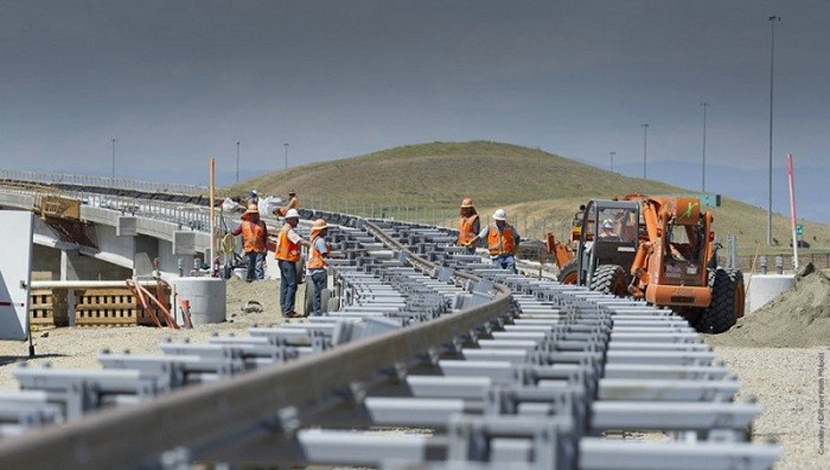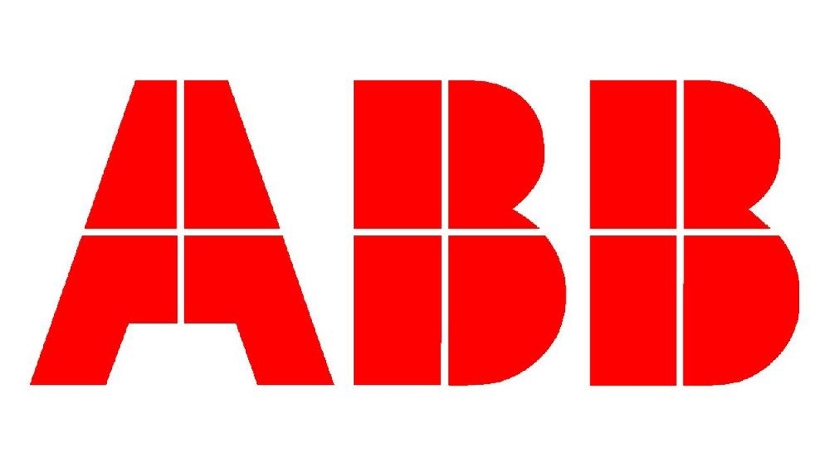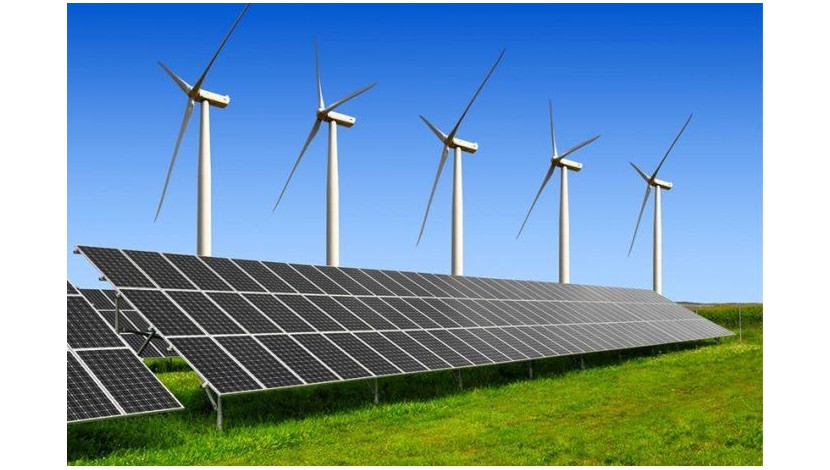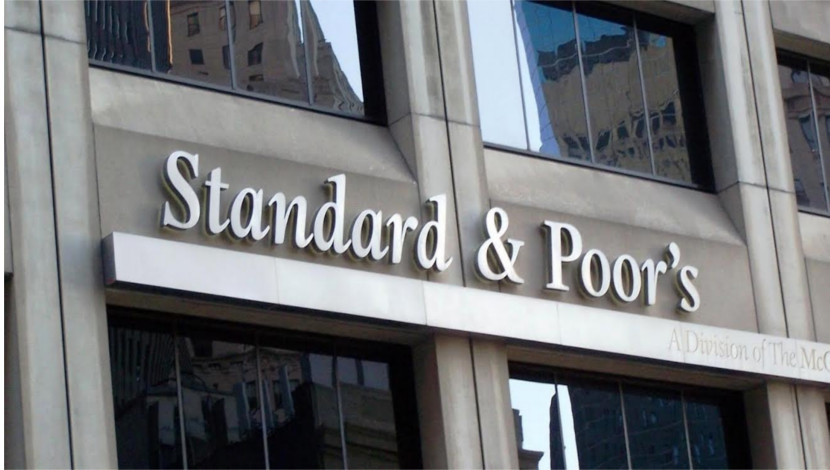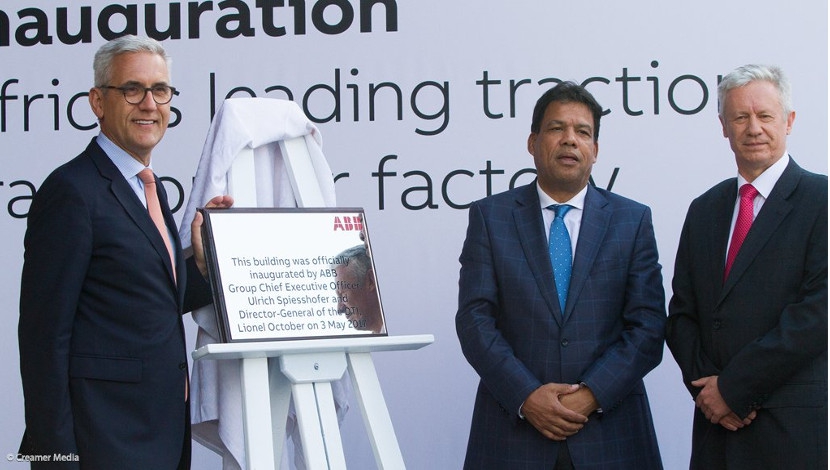

Technology multinational ABB has responded to South Africa’s tightened local-content requirements in the railways sector by opening a new state-of-the-art traction transformer factory in eastern Johannesburg.
Traction transformers direct power, at safe voltages, to support train functions such as traction, braking, lighting, heating and ventilation, as well as signalling and communication.
The Johannesburg facility will initially supply traction transformers to Bombardier Transportation, which was awarded a contract in 2014 to supply Transnet Freight Rail with 240 electric locomotives as part of the State-owned company’s R50-billion acquisition of 1 064 electric and diesellocomotives.
CSR Zhuzhou Electric Locomotive was awarded a contract to supply 359 electric locomotives, while General Electric South Africa Technologies and China’s CNR Rolling Stock South Africa will supply 233 and 232 diesel locomotives respectively. Subsequent to the orders being placed, the two Chinese companies merged to form the China Railway Rolling Stock Corporation.
The thresholds for local production and content have been set at 60% for electric locomotives, with local-content levels for traction transformers expected to increase progressively over the contract period.
Bombardier Transportation has sourced the first 45 traction transformers for locomotives being assembled in Durban from ABB’s factory in Switzerland. But the balance of the units will be supplied from the new South African facility, which has, to date, produced four units.
The investment has resulted in the creation of 60 additional jobs and includes a winding shop located at ABB’s Longmeadow campus in Modderfontein, as well as a 2 450-m2 assembly plant, which is also situated within the Longmeadow industrial township.
The plant has the capacity to produce up to 15 25-kVA traction transformers a month to specifications provided by the original equipment manufacturer.
ABB CEO Ulrich Spiesshofer described the investment as an additional “pearl” in ABB’s manufacturing “string of pearls” in South Africa, where the group would mark 110 years of operations in 2017.
The company already manufactures a range of power, transport and infrastructure and industrial solutions in South Africa, where it also employs more than 1 000 people
Spiesshofer, who together with ABB Southern Africa CEO Leon Viljoen and Department of Trade and Industry director-general Lionel October presided over the ribbon-cutting ceremony on Wednesday, said the investment was also aligned with the Zurich-domiciled group’s strategy of strengthening its African presence. ABB employs 5 000 people across Africa, where its yearly sales have increased to $1.5-billion.
“With this investment we create jobs, we create local research and development and we fulfil the local-content requirements that are so important for many governments in this part of the world,” Spiesshofer added.
Speaking at the factory opening, October said he realised the investment had been made amid “political turbulence” in South Africa. However, he argued that the fundamentals of the South African economy remained “strong”. “We have a strong industrial and technological capability and we also have a big market not only in South Africa, but also on the continent.
The director-general welcomed both the confidence shown by ABB, as well as the fact that the investment would add to South Africa’s industrial and technological capacity.
Viljoen stressed that while the investment had been precipitated by the Bombardier Transportation contract, he was optimistic that the factory would secure additional contracts both domestically and in the rest of the region.
He indicated that there was even potential for the plant to supply traction transformers to Transnet Engineering for its newly unveiled Trans-Africa locomotive, which will be assembled in Koedoespoort, east of Pretoria. The locomotive is the first to be designed in Africa and is said to be suitable for use on branch lines and in shunting-yard applications.
ABB already supplies the propulsion system for the Trans-Africa locomotive and is optimistic of broadening its supply to traction transformers in future.

